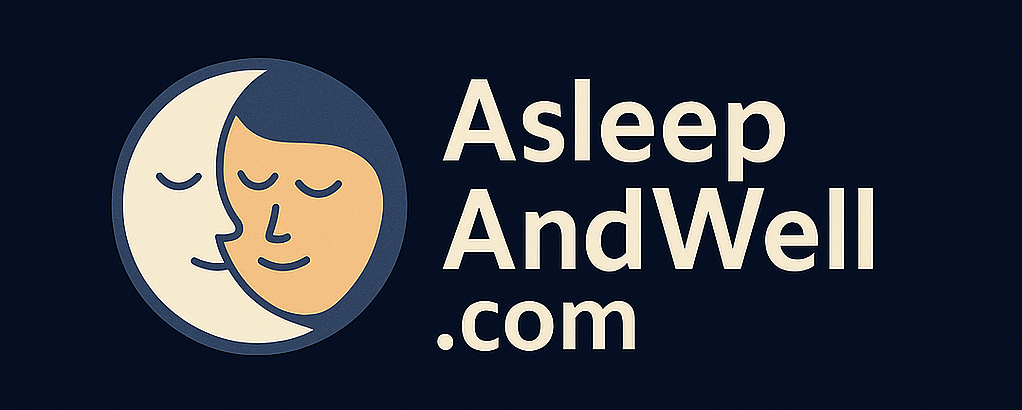⚡ Why Do I Jerk Awake When Falling Asleep?
You’re finally drifting off, then suddenly, your whole body jolts, your eyes snap open, and it feels like you’ve just fallen off a cliff. It’s weird. It’s jarring. And it can leave you wide awake again.
These sudden muscle spasms are called hypnic jerks (or sleep starts), and they’re a lot more common than you might think. They can feel like a full-body twitch, a kick of the leg, or commonly even a falling sensation.
🧠 What Causes These Sudden Sleep Twitches?
Hypnic jerks usually happen during the transition between wakefulness and sleep – a stage called hypnagogia. Your brain is powering down, your muscles are relaxing, and sometimes, the systems don’t stay in sync.
Here are the most likely triggers:
- Overtiredness – When your body’s too wired or exhausted, the sleep transition gets bumpy
- Stress and anxiety – A busy or tense mind can make the body “flinch” as it loses awareness
- Caffeine or stimulants – Especially in the afternoon or evening
- Exercise too close to bedtime – Your nervous system may still be too revved up
- Sleep deprivation – Fragmented or missed sleep can increase jerks the next night
- Blue light exposure – Late screen use can delay sleep stages and interrupt the wind-down
For most people, hypnic jerks are harmless – just a strange quirk of the brain–body handoff. But they can become more frequent or disruptive if your sleep routine is out of sync.
✅ How to Reduce Sleep Startles at Night
You don’t need to eliminate hypnic jerks completely. but reducing their frequency can help you fall asleep faster and stay asleep longer.
Here’s what can help:
🌙 1. Build a Calm Wind-Down Routine
Give your brain and body time to shift gears. Try dim lighting, a warm drink, and 20–90 minutes of screen-free activities.
🕯 2. Avoid Caffeine After Midday
Even if you fall asleep easily, caffeine can still affect sleep quality, and increase the chance of night-time jolts.
🧘 3. Try Breathwork or Progressive Relaxation
Tension in the body can lead to sudden twitches. Gentle breath techniques (like 4-7-8 breathing) or body scans can ease you into rest more smoothly.
🚫 4. Avoid Intense Late-Night Workouts
Exercise is great – just give yourself at least 2–3 hours to cool down before bed. If you love night-time movement, go for a walk or gentle yoga instead.
💻 5. Cut Blue Light & Screen Time in the Evening
Phones, tablets, and bright lights can delay melatonin release, pushing your sleep stages off track and making hypnic jerks more likely.
🔧 Tools & Products That May Help
A few low-stress tools can support your wind-down and reduce those jerky wake-ups:
- Blue-light-blocking glasses – Great if you use screens in the evening
- Weighted blankets – Add a gentle sense of calm and grounding
- Magnesium supplements or sprays – May support muscle relaxation
- White noise machines – Can smooth out your sleep environment
- Aromatherapy or pillow sprays – Lavender, chamomile, or vetiver can gently cue rest
📝 Final Thoughts
Hypnic jerks feel odd – even alarming – but they’re rarely a sign of anything serious. Most of the time, they’re just your brain and body getting a little out of sync during the shift into sleep.
With a few calming habits and the right wind-down cues, you can reduce how often they happen, and help your nights feel smoother, softer, and less interrupted.
